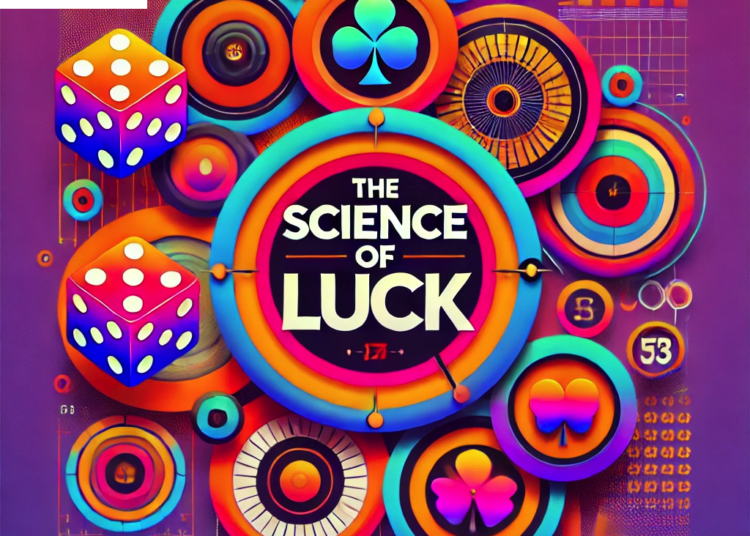Everyone has experienced moments when luck seemed to sway the game’s outcome. Whether it’s the last-second shot in a basketball game that rims out or a dice throw that lands just right on its final roll, good fortune is a crucial component of almost every game.
And while there’s nothing you can do to influence luck, but understanding the mechanics behind it can add depth to your overall gaming experience.
Between Myth and Science
We often attribute game outcomes to luck — whether it’s hitting the perfect sequence of numbers or missing them by a fraction, its elusive presence always seems to play a role.
Some people even think they can influence luck. In turn, this belief plays into various superstitions and is the reason why certain players have pre-game rituals or select their “lucky numbers” when playing a lottery ticket.
Scientifically speaking, luck or chance is indifferent. Whether you get “lucky” or not depends solely on mathematical probability or the likelihood of something happening. Probability is often expressed as a number between 0 and 1. If the probability is 0, the occurrence is impossible. In contrast, if it’s 1, the event is certain to happen.
For example, when you’re flipping a coin, there are only two outcomes — heads and tails. Therefore, the probability of getting one of them right would be 0.5. On the other hand, rolling a specific number on a die has a probability of 0.166 since a die has six sides, and there’s only one favourable outcome.
When relying on probability, however, you also must consider the law of large numbers. For instance, if you flip a coin ten times, getting heads eight times is not that unlikely. But if you were to flip that coin a thousand times, the results would almost certainly be much closer to 50/50.
How Understanding Probability Enhances the Game Experience
Many games are designed around probability and unpredictable outcomes, adding excitement to each turn, roll, or spin. For instance, certain digital games use random number generators (RNGs) to ensure the unpredictability of outcomes, making the games accessible and winnable for everyone.
On the other hand, some games combine luck and skill. As a result, you can use the knowledge of probability to decide your next move. That said, luck will always play a role in determining outcomes, no matter how skilled you are.
Although there’s little you can do to get lucky, understanding these probabilities can make playing certain games more engaging. Even when trying your hand at games that require no skill at all, the knowledge of probabilities can affect your expectations. In turn, this awareness can make wins more rewarding and losses less frustrating.
For instance, making sports predictions revolves around the potential of big wins from low-probability events, so understanding this will make us approach such games with more realistic expectations.
Thrill of Unpredictability
The bottom line is that we can’t influence luck, but that shouldn’t stop us from playing luck-based games. As a matter of fact, it is precisely this unpredictability that draws us to these activities and makes us embrace uncertainty and seek the thrill of the unknown.
Luck, whether it feels like a friend or a foe, is a fundamental part of the gaming experience. Ultimately, fortune defines our favourite games, and all we can do is recognise and acknowledge its importance.












